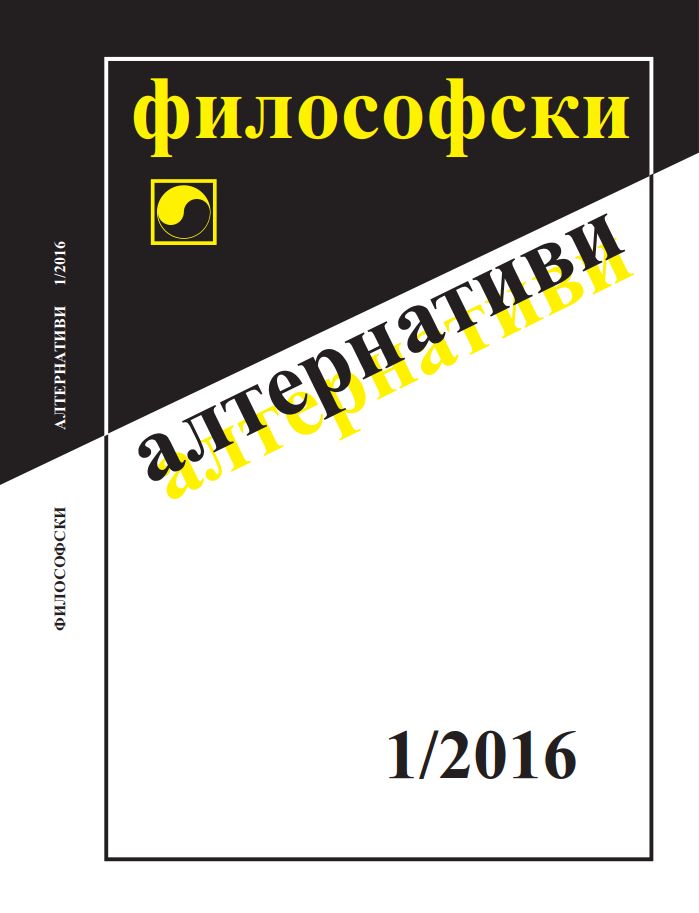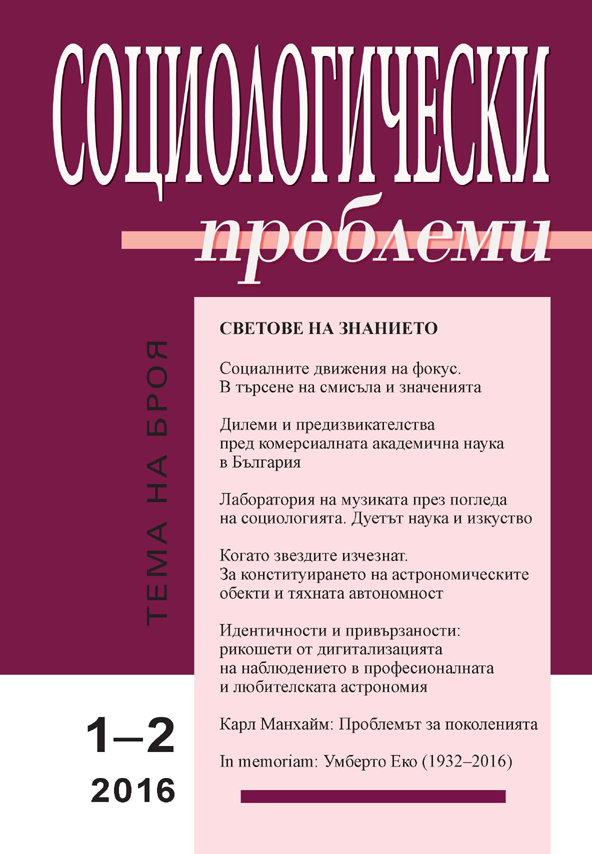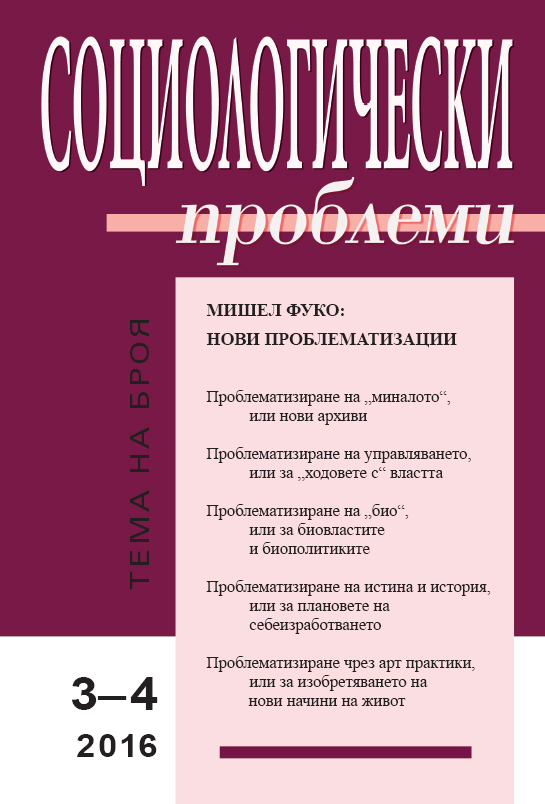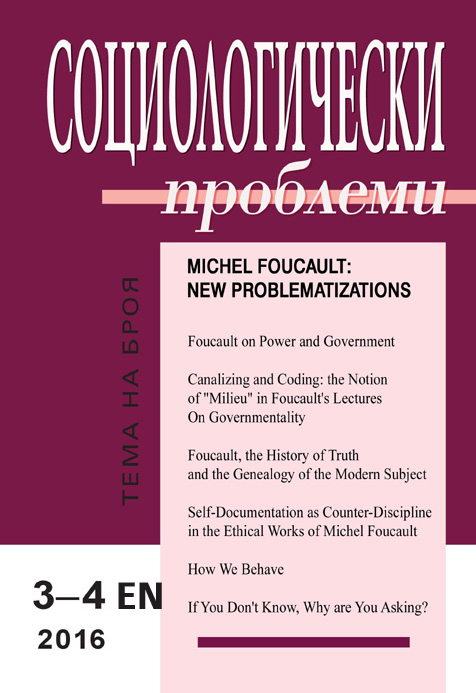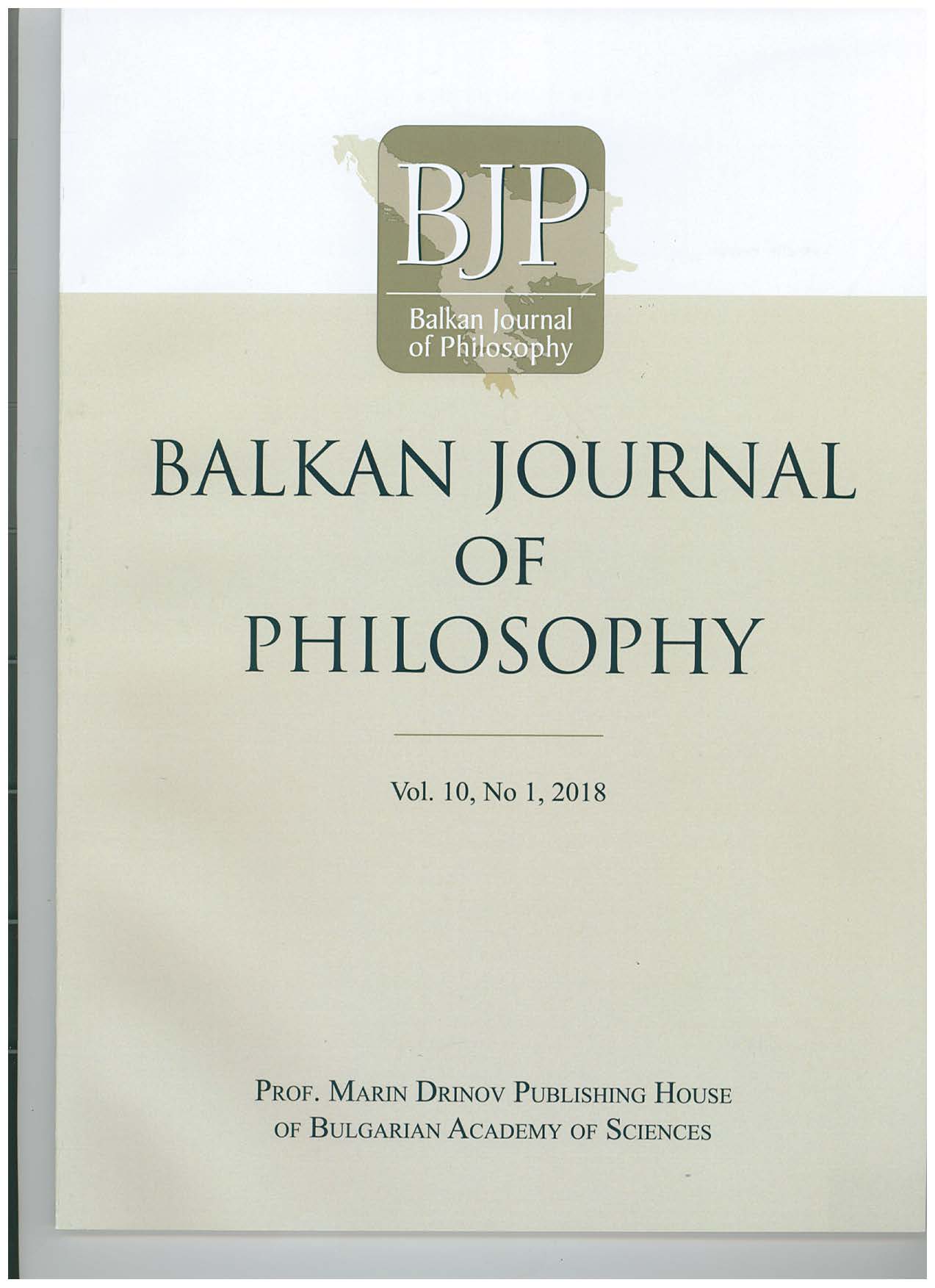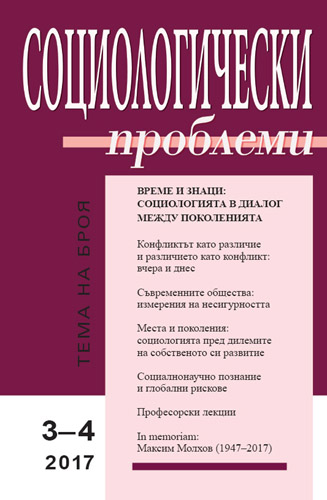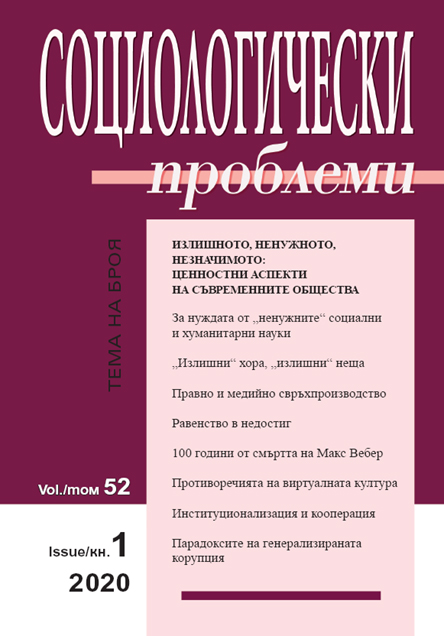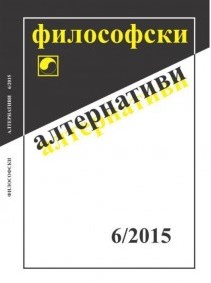
Как да се върнем от езика към нещата сами по себе си
There has been a linguistic turn, and there has been an ontic return, but I shall argue that the ontic return should go much further. I shall first illustrate the kind of philosophical method still prevalent today, and which I believe leads to false results. This is the method of conceptual analysis, paraphrasing, or ontological commitment. I call it the linguistic or the semantic method. To illustrate these methods, I will first present an example where they are at work, and will show how they lead to false results: Roderick Chisholm’s theory of agent causation. Contrasting it with these methods, I shall then present a non-linguistic, ontological method for philosophy. After the total rejection of metaphysics in logical positivism, there were, within the movement of linguistic philosophy, some turns towards metaphysics, in particular Gustav Bergmann’s reconstructionism and Peter Strawson’s descriptive and revisionary metaphysics. I shall criticize these for still being linguistic or conceptual. Finally, I shall consider Frank Jackson’s recent defense of conceptual analysis and argue that conceptual analysis cannot fulfill the task he ascribes to it. The motto I shall defend in this article is, in the words of Edmund Husserl, „Back to Things-in-Themselves“ – „Zurük zu den Sachen selbst!“
More...
